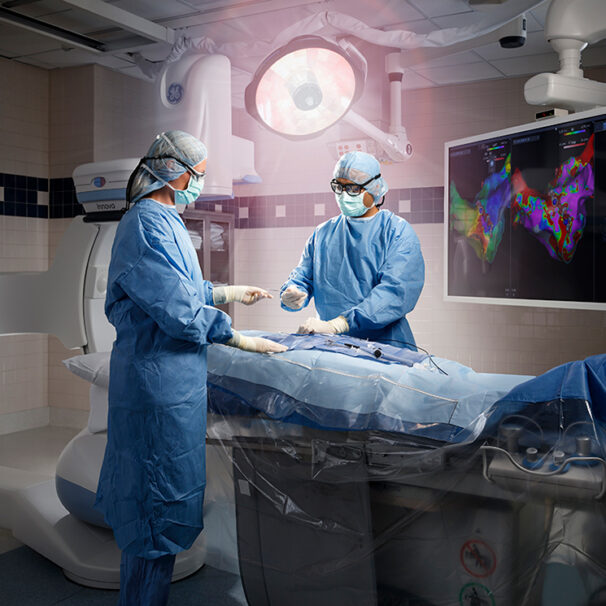HealthProviders DB is a comprehensive database of healthcare providers, including a complete directory of all Clinical Cardiac Electrophysiology Physicians.
Internal Medicine Healthcare Taxonomy Code 207RC0001X
As of today, the following are the total number of Clinical Cardiac Electrophysiology Physicians nationally, in your state, and near your location.
Select a State below to view the list by State. Additionally, you can narrow the list by city, among other options, from the Filter Panel, which you can open by clicking the vertical ellipses ⋮ in the upper right corner of the app.
Alaska – Alabama – Armed Forces Pacific – Arkansas – American Samoa – Arizona – California – Colorado – Connecticut – District of Columbia – Delaware – Florida – Federated States of Micronesia – Georgia – Guam – Hawaii – Iowa – Idaho – Illinois – Indiana – Kansas – Kentucky – Louisiana – Massachusetts – Maryland – Maine – Marshall Islands – Michigan – Minnesota – Missouri – Northern Mariana Islands – Mississippi – Montana – North Carolina – North Dakota – Nebraska – New Hampshire – New Jersey – New Mexico – Nevada – New York – Ohio – Oklahoma – Oregon – Pennsylvania – Puerto Rico – Palau – Rhode Island – South Carolina – South Dakota – Tennessee – Texas – Utah – Virginia – Virgin Islands – Vermont – Washington – Wisconsin – West Virginia – Wyoming
Medicare
The following are the total number of Clinical Cardiac Electrophysiology Physicians who accept Medicare in your state, the number who have opted out of Medicare, and the total number excluded from participation in Medicare nationwide.
The diagram below shows all the Clinical Cardiac Electrophysiology Physicians across the country, represented by blue bubbles. The larger the bubble, the greater the concentration of providers in that area. Red bubbles represent Medicare-excluded providers, with the larger bubbles indicating a higher percentage of excluded providers in that region. You can change the bubble size to be based on exclusions from the Size menu.
What do Clinical Cardiac Electrophysiology Physicians do?
Clinical Cardiac Electrophysiology physicians, or EPs, diagnose and treat heart rhythm problems (arrhythmias) by specializing in the heart’s electrical system.
They use diagnostic tests, such as electrophysiological (EP) studies, and perform procedures, such as catheter ablation, to correct abnormal heart rhythms.
Additionally, they implant devices like pacemakers and defibrillators to regulate heartbeats.
What they do
Arrhythmias: Irregular, too fast, or too slow heart rhythms, including:
- Atrial fibrillation (a fast, irregular heart rhythm)
- Bradycardia (a slow heartbeat)
- Tachycardia (a fast heartbeat)
- Ventricular fibrillation (an ineffective quivering of the heart)
Heart blocks: Issues in the electrical signals of the heart.
Syncope: Sudden loss of consciousness that heart rhythm problems may cause.
Risk of sudden cardiac death: Conditions that could lead to a sudden stop of the heart.
Diagnostic tools and procedures
Electrocardiograms (ECGs/EKGs): To read the heart’s electrical signals.
Electrophysiology (EP) Studies: In-depth tests to map the heart’s electrical system and identify where the problem originates.
Echocardiograms: To examine the structure of the heart.
Treatment methods
Lifestyle recommendations: Providing advice on managing the condition.
Catheter Ablation: A procedure where a catheter is used to create scar tissue in the heart to block erratic electrical signals.
Device Implantation
Pacemakers: To help regulate a slow heartbeat.
Implantable cardioverter-defibrillators (ICDs): To correct life-threatening arrhythmias.
Medication: Prescribing drugs to control heart rhythms.

